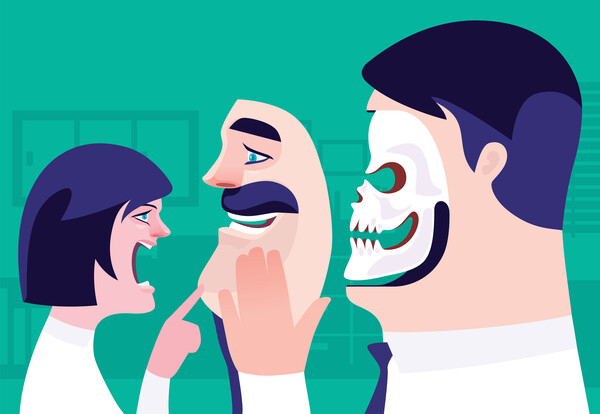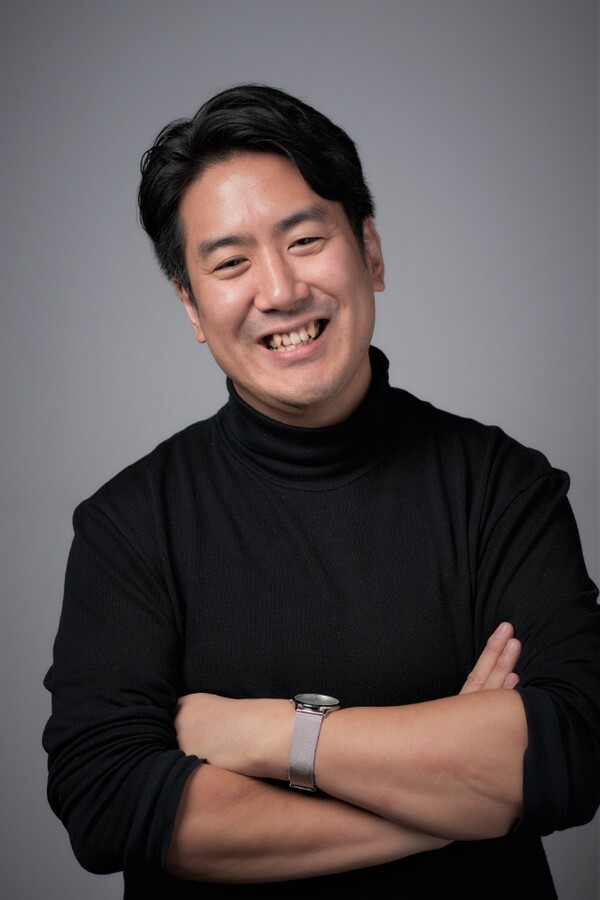If someone gets into an accident because they were driving a car incorrectly, will they readily admit it was their fault, or will they claim it happened due to a defect in the car? In most cases, the driver will do the latter. In this case, are they intentionally lying?
If you took the driver interviewed after the accident, put them in a brain scanner, and ran a lie detector program while observing the changes in their brain activity in real-time, it is quite possible that you would find they believe they are telling the truth. This is because, instead of the brain objectively recognizing and remembering everything that happened during the accident, it may have been in a state of fear and excitement, causing it to remember events differently than they actually occurred.
If you ask the general public whether the driver is lying, nine times out of ten, they will believe the driver is intentionally lying. Furthermore, the more damaging the accident the driver caused, the more likely they are to believe this.

Joshua Knobe, an experimental philosopher at Yale University in the U.S., gained fame for a 2003 paper in which he posed the question: Is someone's behavior always intentional? As part of his research, he conducted an experiment where he sat in a park in New York City and directly asked passersby a question.
“Suppose the chairman of a company is briefed by his staff about a new program in the company that will destroy the environment but bring huge profits to the company, and the chairman approves the program. Did he intend to destroy the environment?”
Eighty-two percent of people asked this question said that the chairman intentionally destroyed the environment. Now, Knobe rephrases the question slightly, replacing the word “destroy” with “protect.”
“Suppose the chairman of a company is briefed by his staff about a new program in the company that will protect the environment but bring huge profits to the company, and the chairman approves the program. Did he intend to protect the environment?”
Only 23 percent of people asked this question said that the chairman was intentionally trying to protect the environment. In fact, Knobe's question was exactly the same, except that the words "destroy" and "protect" were swapped. Logically, people should come to the same conclusion, but the chairman's intentions were rated differently in the "destroying" and "protecting" scenarios. "People tend to attribute intentionality to behaviors that have negative consequences," Knobe says, in what has become widely known as the "Knobe effect."
Why does the Knobe effect occur?
In a 2015 paper published in the international journal Scientific Reports, researchers from Duke University in the U.S. explain that it is due to two different mechanisms in the brain. They suggest that when we judge others to be doing something wrong, our amygdala is much more activated, triggering a heightened emotional response. On the other hand, when we judge others to be doing something right, the amygdala is less activated as we calculate the statistical frequency of our experiences—how often people exhibit that behavior in similar situations. In other words, when we experience positive things with others, we don’t get emotional because we take it for granted, but when we experience negative things, there’s a mechanism in our brains that makes us more emotional and leads us to believe it’s due to the other person’s intentions and decisions.
“You did that on purpose to hurt me, you're a bad person!”
Even if you didn't intend to hurt someone, when things go wrong, most people believe that the other person did. And once that misunderstanding turns into an attack on the other person, it creates a cycle where people increasingly believe the other person had more and more bad intentions, eventually leading to a catastrophic outcome.
When things go wrong, it doesn't really matter what the intentions were. It's more important to make sure it doesn't happen again. If you've made a mistake, start by apologizing to the people you've hurt. If you see a mistake, work together to figure out what needs to change to prevent it from happening again. Tragedy is best avoided.

Chang Dong-seon is the CEO of Curious Brain Lab and resides in Seoul. He studied Biology at Uni Konstanz, Neuroscience at the International Max Planck Research School, and Cognitive Science at Rutgers University. Chang's career includes roles as an Assistant Professor at Hanyang University and a Researcher at the Max Planck Institute for Biological Cybernetics. He also served as the Head of the Future Technology Strategy Team at Hyundai Motor Group. His extensive expertise spans biology, neuroscience, and cognitive science. This column was originally published in Segye Ilbo in Korean on Sept. 25, 2024. -- Ed.
Related articles
- [Column] What is a considerate mind?
- [Column] How many emotions are there in me?
- [Column] How the evolving brain handles anxiety
- [Column] Will we ever be able to control AI?
- [Column] What does our brain believe to be true?
- [Column] How does the brain deal with the pain of loss?
- [Column] When does power make our brains helpless?
- [Column] If you want to change your brain, get moving

